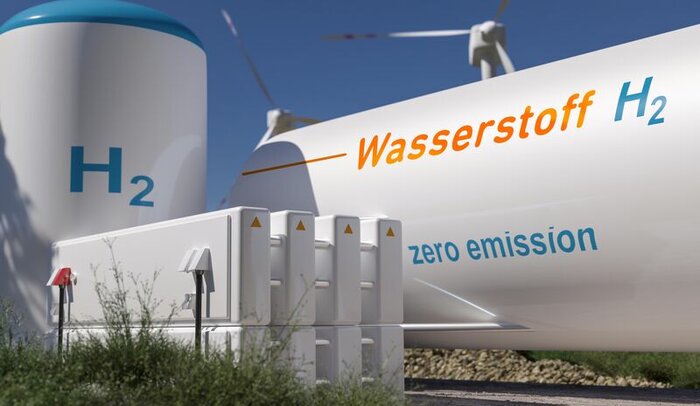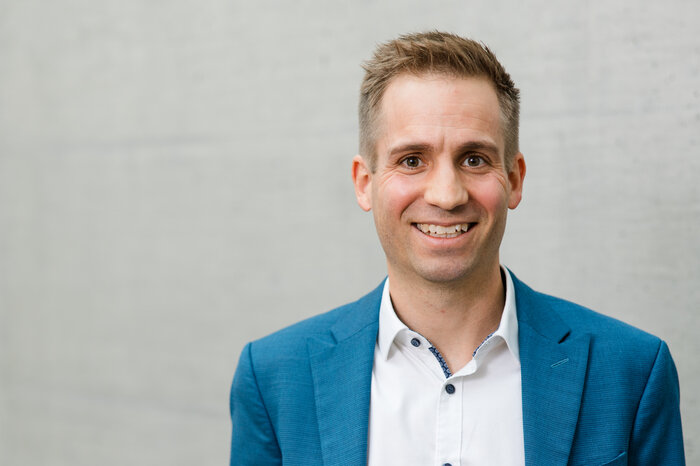Hydrogen - Potentials, Opportunities and Challenges
Green hydrogen is on everyone's lips and is now firmly anchored in European Energy and environmental policy. The concrete implementation of hydrogen projects is therefore significantly supported by funding. However, many projects show that hydrogen, in addition to all its potential, still poses major challenges: insufficient quantities of green electricity available; the lack of a nationwide distribution infrastructure; the analysis and evaluation of storage in salt caverns; or even the question of possible uses that make technical, economic and climate policy sense. illwerke vkw endowed professor Markus Preißinger has therefore taken a closer look at the potential, opportunities and challenges for use in future energy systems, with particular reference to the framework conditions in Vorarlberg.

Project Results
Hydrogen in Europe or specifically in Vorarlberg - hype or real opportunity? This was the question at the beginning of this project at the research centre Energy of the Vorarlberg University of Applied Sciences (FHV). Based on the analysis of numerous studies, current R&D projects and political activities in the DACH region and on EU level, this study tries to give a "sober" view on potentials and chances, but also on challenges for the use of hydrogen in the future energy system. At some points, the significance of hydrogen for Vorarlberg is also examined in more detail. The generation, storage and distribution as well as the use of hydrogen were always considered.
In general, it can be said that hydrogen is no longer a hype topic compared to the early 2000s, but is now firmly anchored in the climate policies of Europe and the member states. In many cases, however, implemented projects are backed by high subsidies from politicians, as the economic operation of electrolysers is currently not yet a given. In addition, it is already apparent that the widespread use of hydrogen will drastically increase the demand for renewable electricity, and it is currently not clear where the additional quantities will be produced.
For Vorarlberg there is the problem that the connection to a future hydrogen distribution network will probably not come until 2040. Until then, Vorarlberg will have to rely on generating its own hydrogen in line with demand and using it directly for all applications. One opportunity lies in the use of hydrogen in heavy-duty transport, or, due to Vorarlberg's topology, in hydrogen buses.
Markus Preißinger sums it up like this: "Hydrogen will play its role in the future energy system, but it alone will not be enough to achieve the climate goals. We still need a strong expansion of renewables, efficiency-boosting measures in all sectors and, especially in the mobility sector, a shift to low-emission mobility concepts. Seeing hydrogen as the panacea, so that nothing else needs to be changed, is scientifically proven many times over to be the wrong path or an impracticable path.
Hydrogen is not a panacea but in certain areas a necessary alternative for future energy systems. Together with our partners, we will always critically but openly examine its use in the future. - Markus Preißinger, Project Manager

